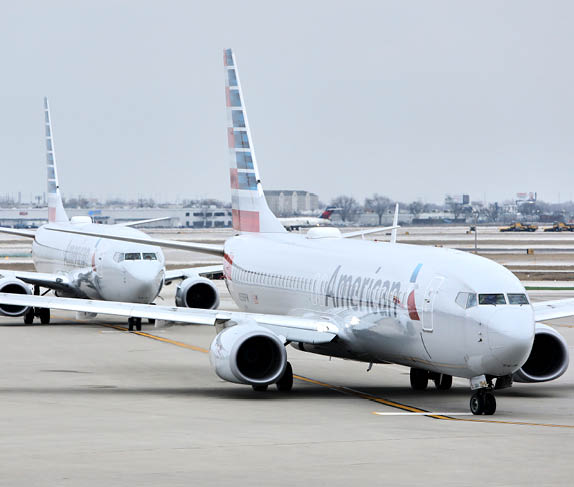IATA DG and CEO Tony Tyler has accused US regulatory authorities of micromanaging the airline industry’s relationships with its customers to such an extent that it runs directly against the grain of the US Airline Deregulation Act.
Speaking at the ABA Air & Space Law annual forum in Montreal last week, Tyler said the US Department of Transportation’s (DOT) passenger protection activities, however well intentioned, are hard to square with the Act’s instruction to place maximum reliance on competitive market forces.
Tyler cited three examples—DOT’s rules requiring airlines to advertise ticket prices including all taxes; a new proposed DOT consumer rule; and DOT’s proposal to ban inflight telephone calls if FAA says there are no safety reasons to prohibit those calls.
On taxes, Tyler explained, “In North America, everybody is accustomed to the fact that taxes are almost always added at the point of sale. In other words, DOT says it is “unfair” or “deceptive” for an airline to do what virtually every other provider of goods and services in the US and Canada does: advertise the amount of money it wishes to be paid for its services without adding in the taxes. Why should airlines operate to a unique set of rules?”
On the proposed DOT consumer rule, Tyler explained that one provision would require each airline to allow any travel agent that sells its tickets to display the airline’s core ancillary services and fees as well.
“We take no issue with an airline negotiating an agreement along those lines. And many are doing so. But I don’t know of any other industry that is forced to market its products through channels it has not chosen to use for those products,” Tyler said.
“The rule even obliges airlines to display ancillary information on their own websites. This begs the question of what problem DOT is trying to solve?”
Tyler said that this was a “yesterday solution” to an issue that airlines are progressively working by signing bilateral agreements with global distribution system providers for the distribution of ancillaries. He said more than 50 such agreements have been concluded.
Tyler described the DOT’s proposal to ban the onboard use of cell phones as “my all-time favorite illustration of regulatory overreach.”
FAA and the Federal Communications Commission are considering removing a prohibition on their use which was based on concerns about safety and interference with ground networks.
“Now DOT says that if this happens, it will propose banning them under its consumer protection authority as an unfair practice. Why? DOT says in explaining its concern that some passengers might find the excessive use of mobile phones during flight ‘annoying.’ Well, I suppose that’s true. But should that trigger a regulatory response from government? Let the airlines work out what their customers want and provide it!” Tyler said.

